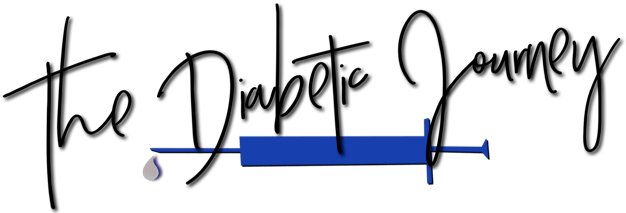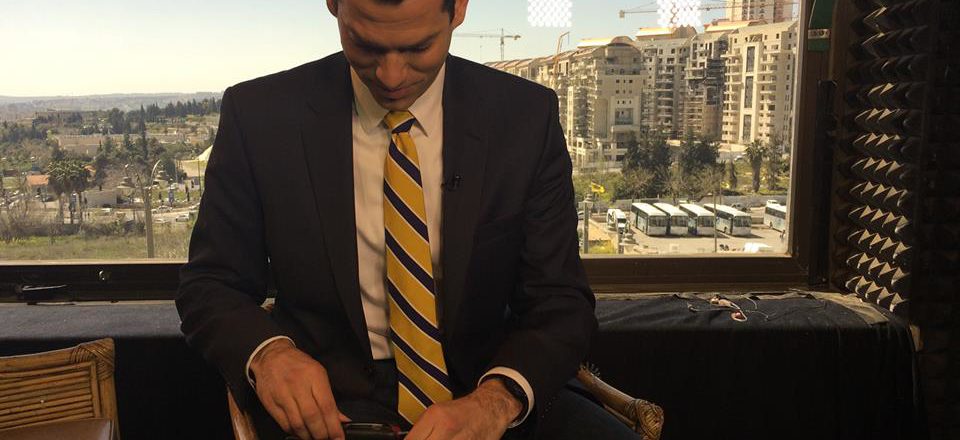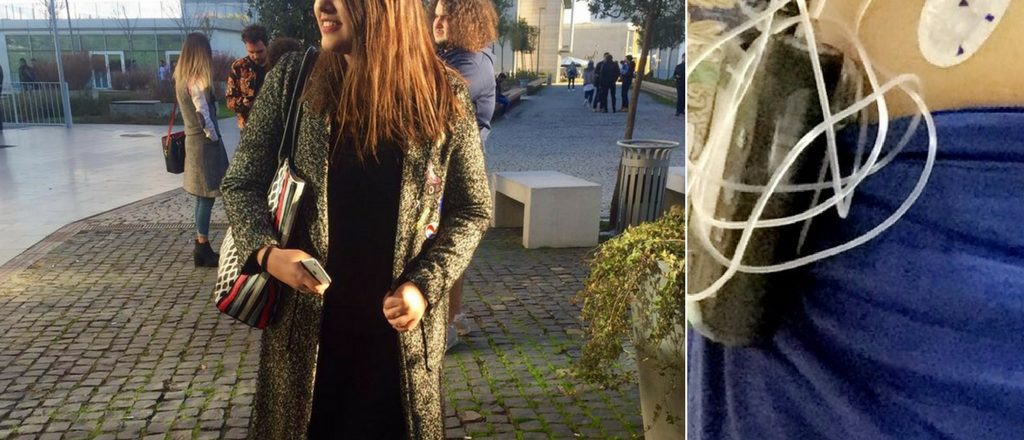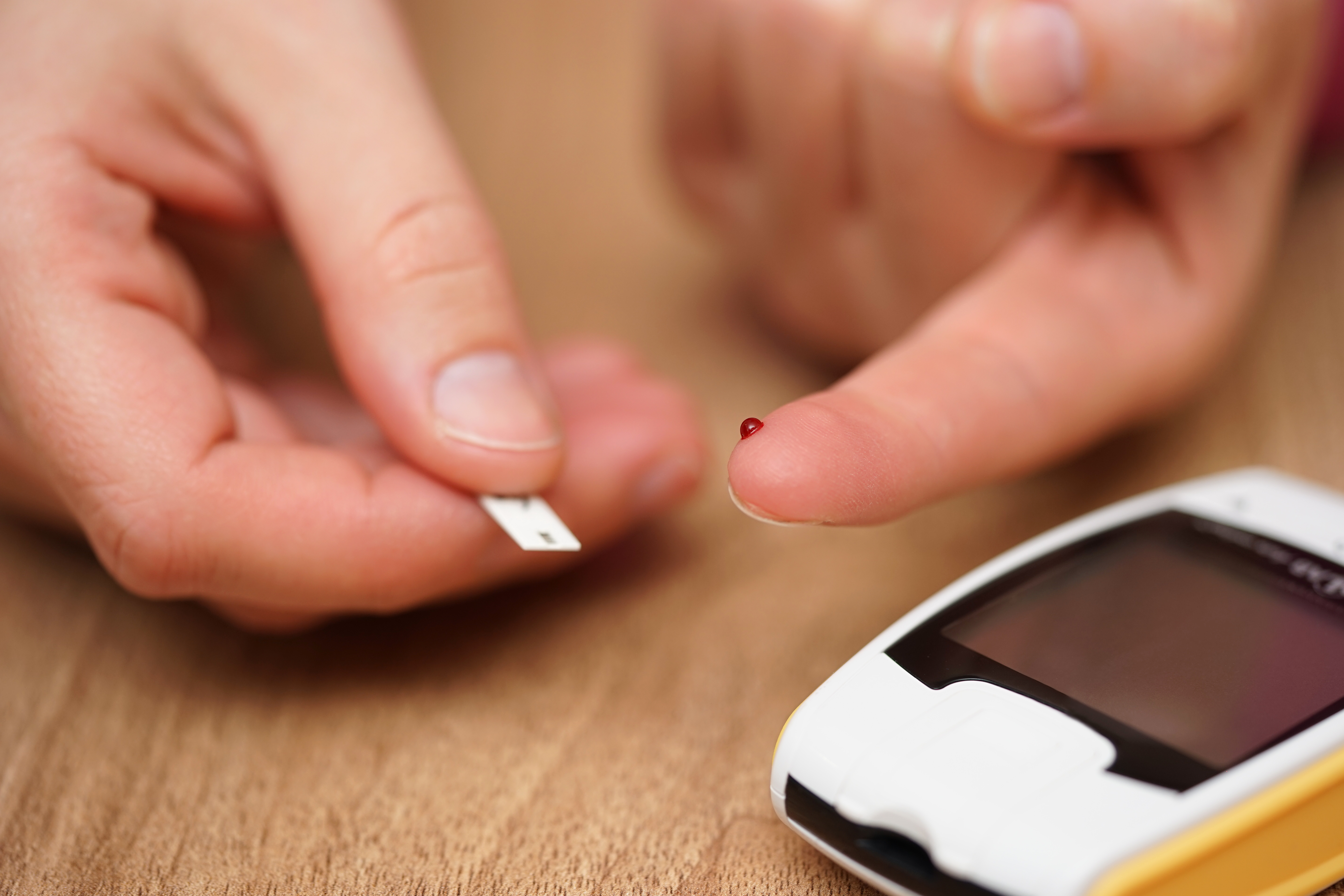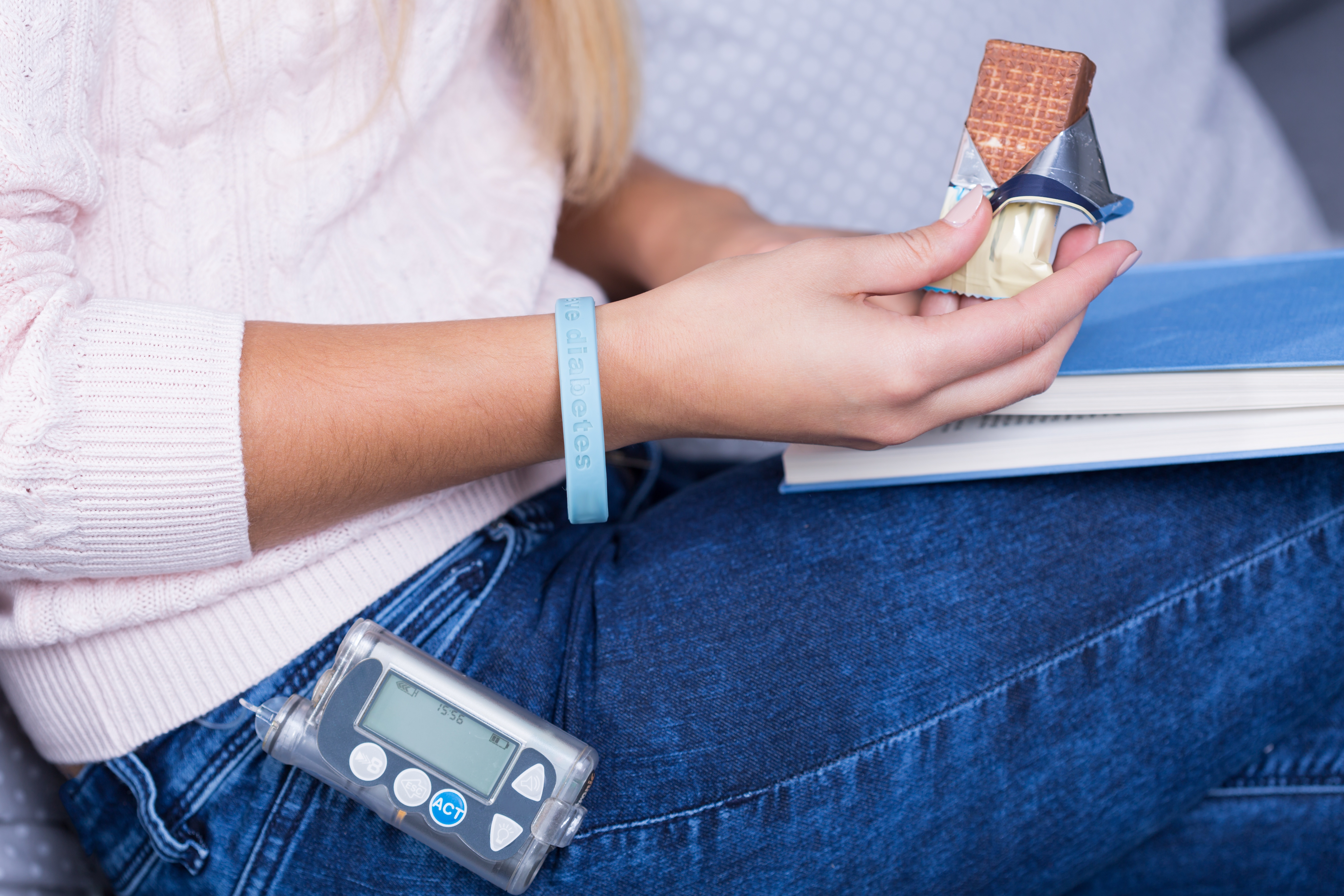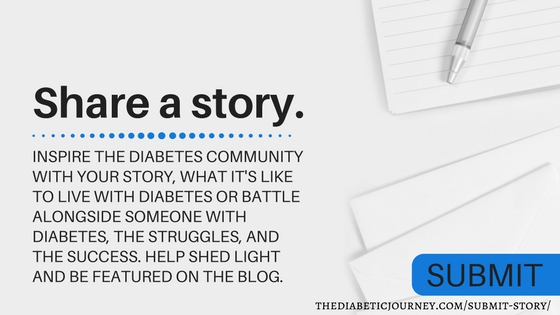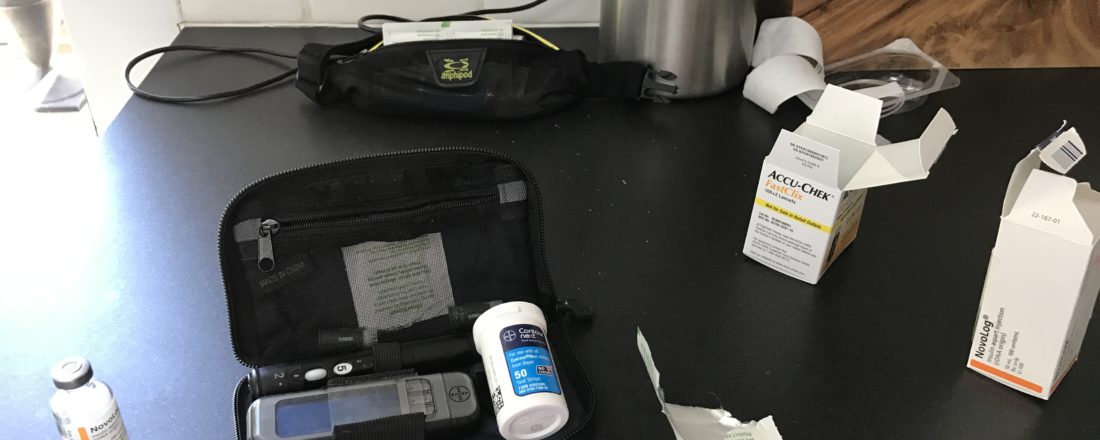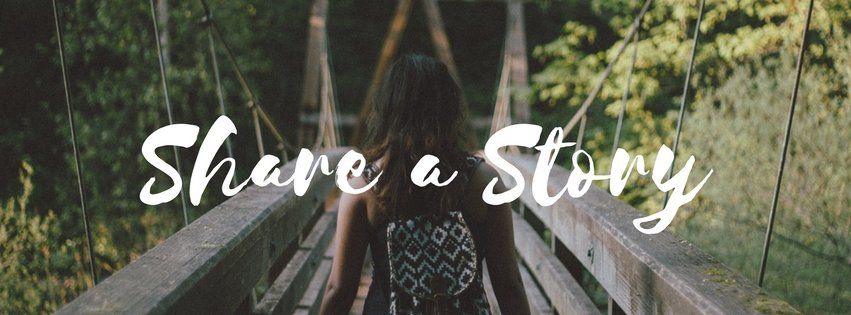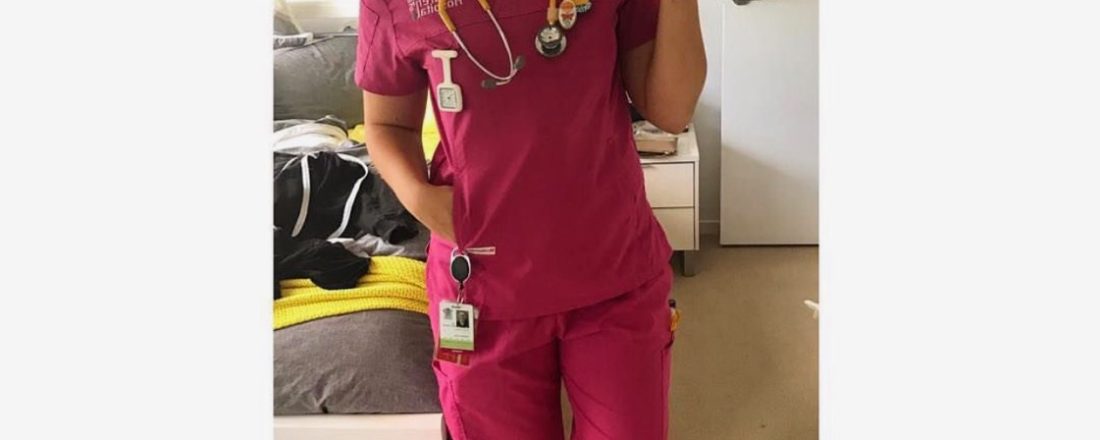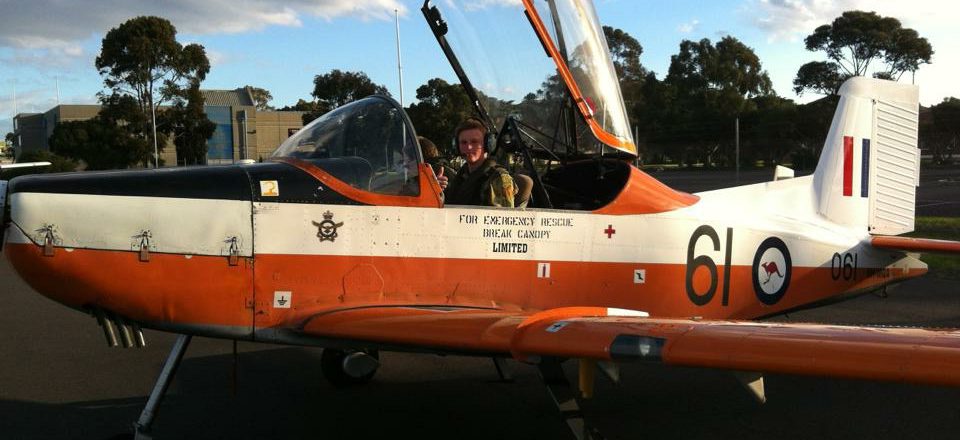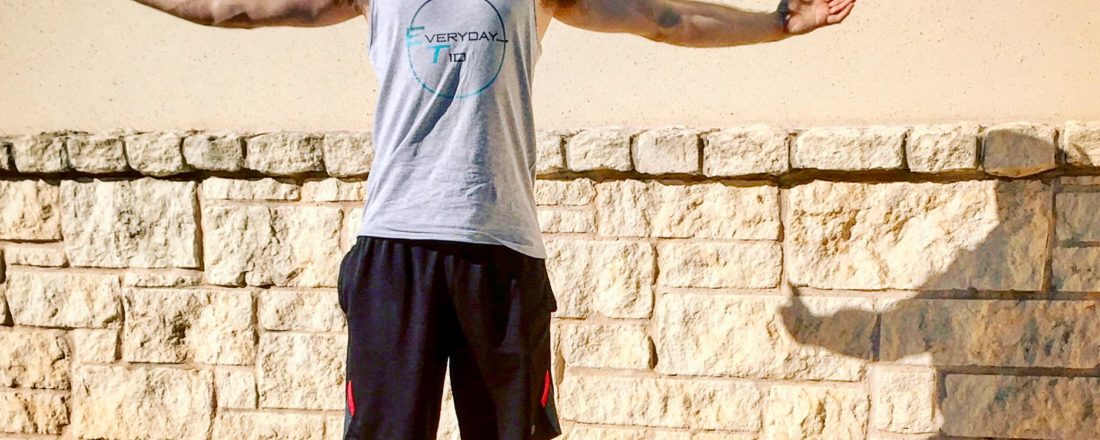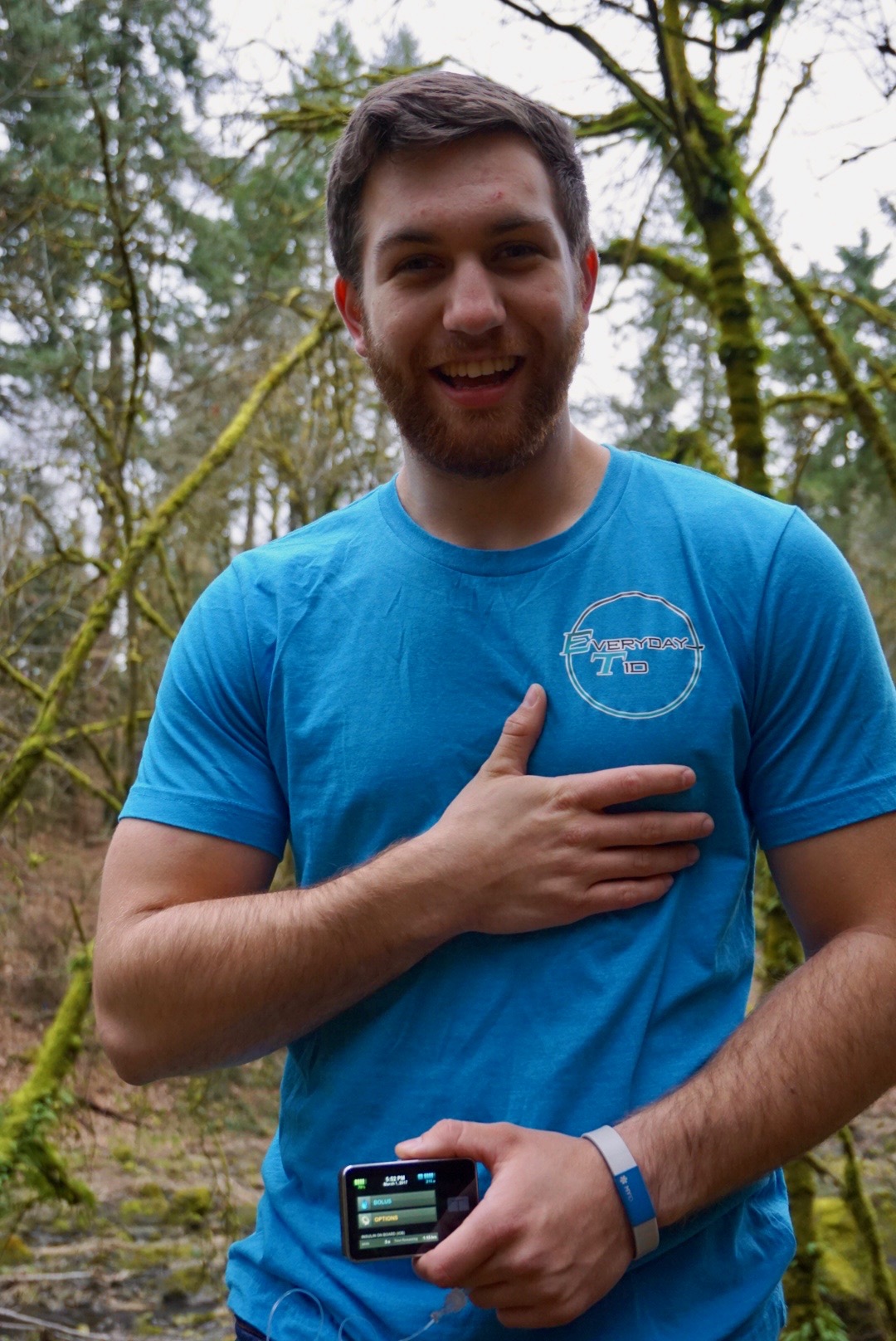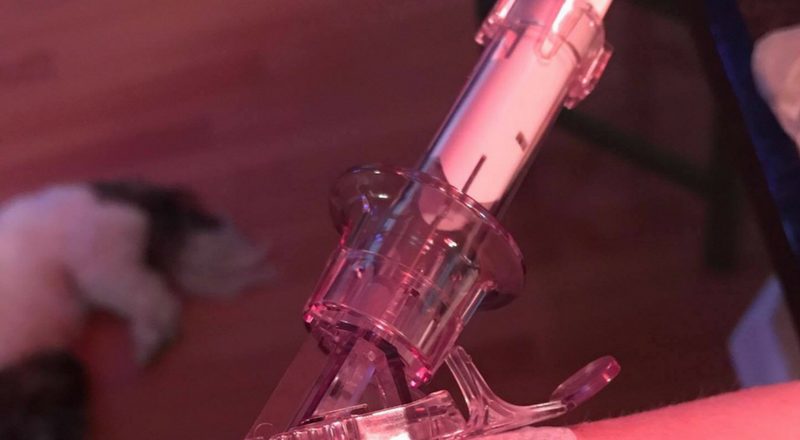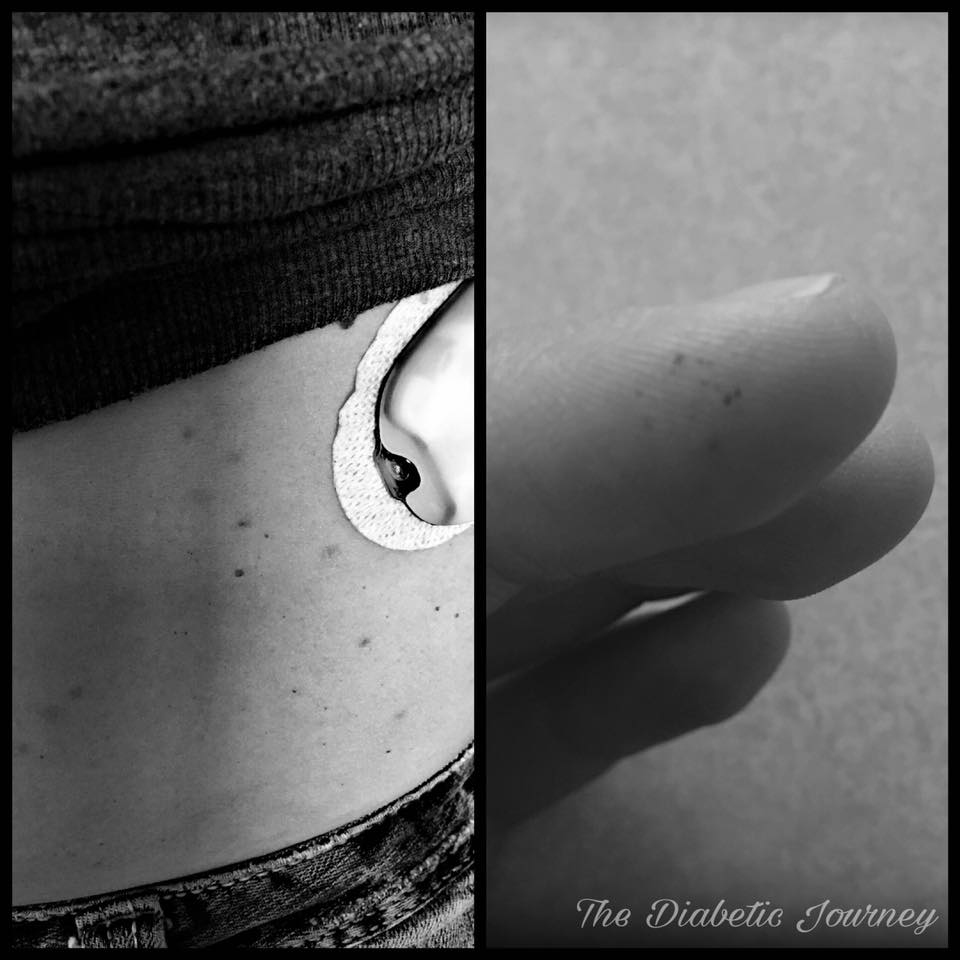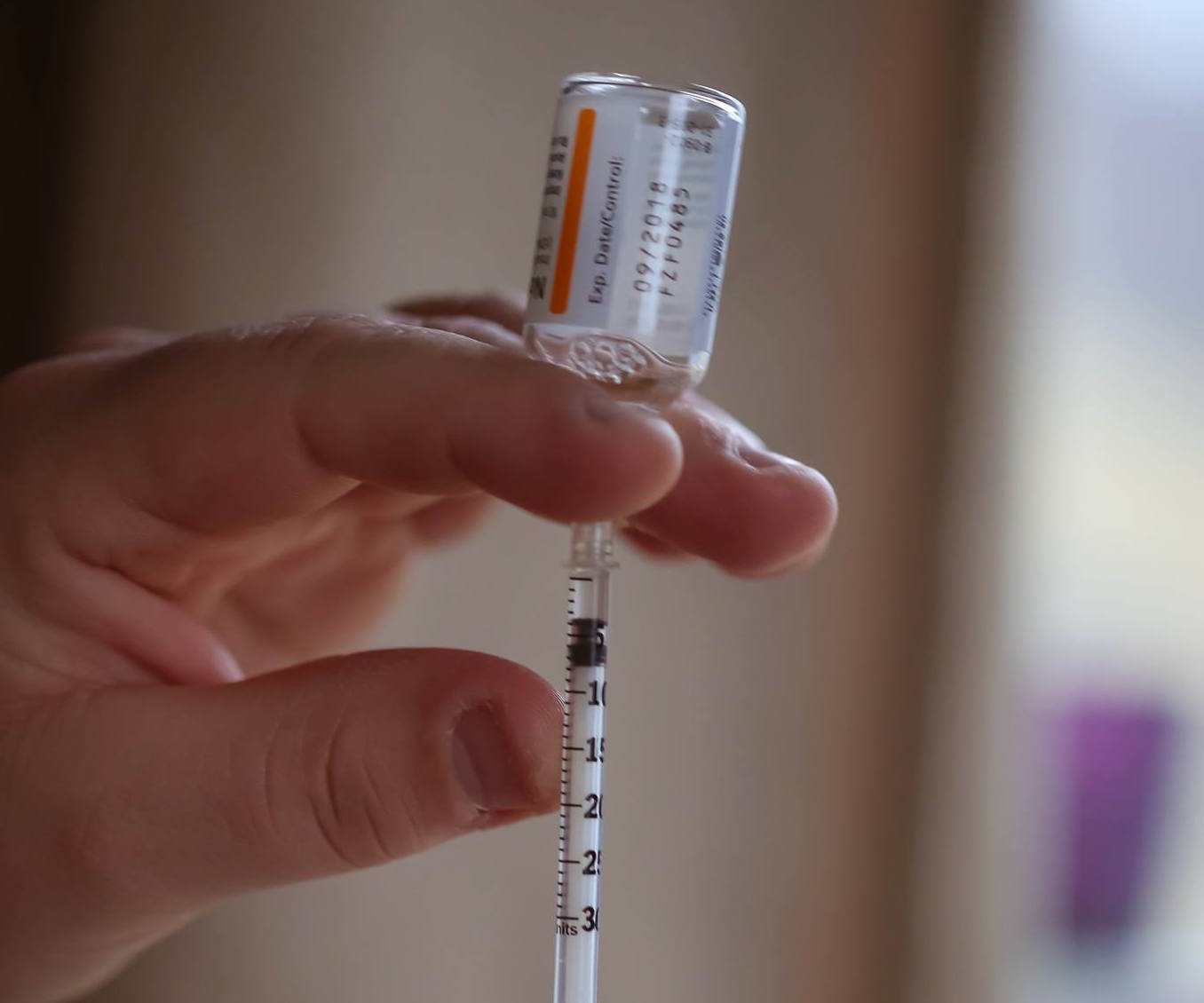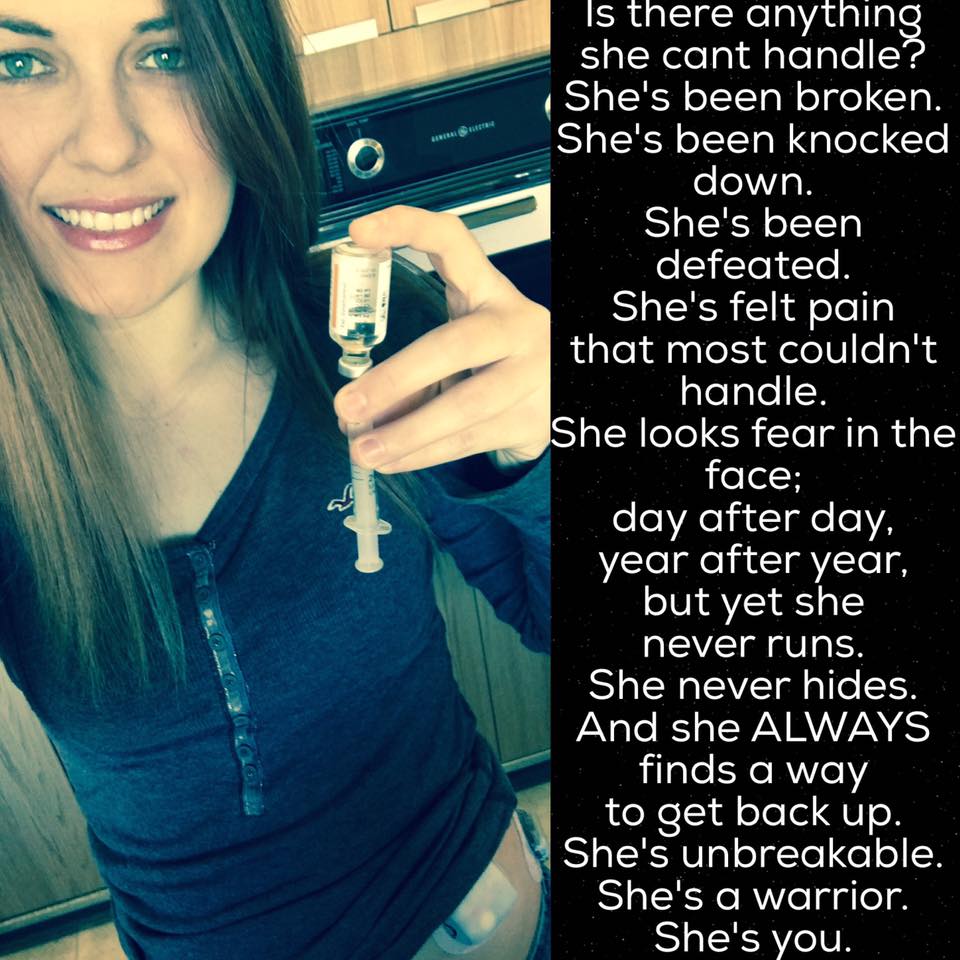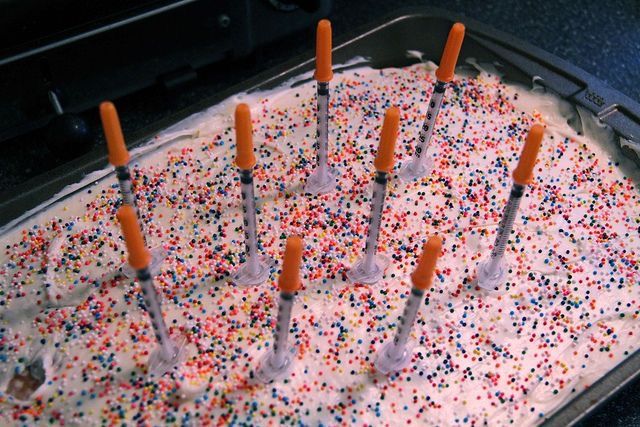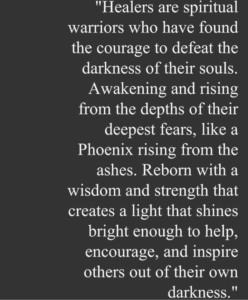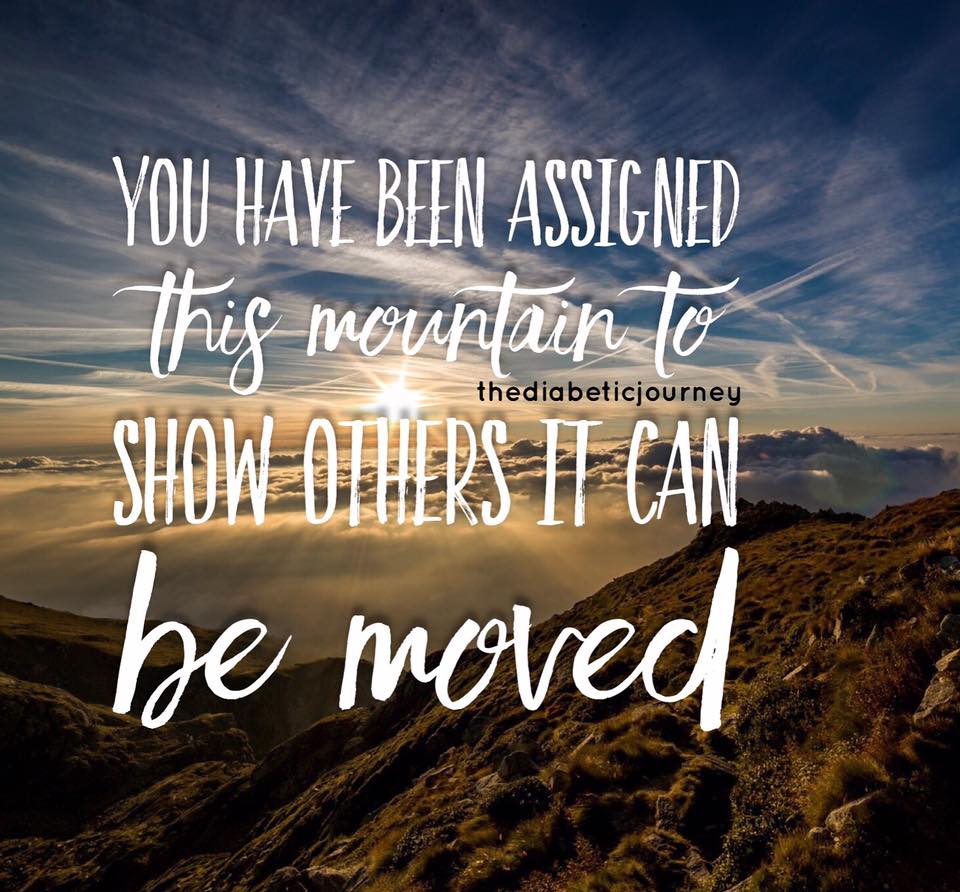Blood Sugars and Broadcasting: A CNN Reporter Deals with Diabetes
By: Oren Liebermann
*This post contains affiliate links*
I had about two minutes until I was on air, and I knew my blood sugar was low. I could feel it in my hands and in my concentration. I was a little bit dizzy, and my hands were shaking. These have always been the first two signs that my blood sugar was low.
Normally, it’s not a problem. I always keep a stash of emergency sugar around. Most often, it’s a bag of Gummi Lifesavers. First, they’re delicious. Second, I love the appropriateness of having Gummy Lifesavers as my emergency sugar. And third, it’s predictable. Five Gummi Lifesavers is 15 grams of carbs.
But normally I’m not about to go live in two minutes. I knew the sugar wouldn’t have time to hit my system, which meant I would be going live on CNN with low blood sugar. The viewers wouldn’t notice. Unless I started stumbling. Or screwed up a word. Or my brain locked. Then they would most certainly notice, and I would have no choice but to plow forward or admit that I had low blood sugar and tell the anchor to go to someone else.
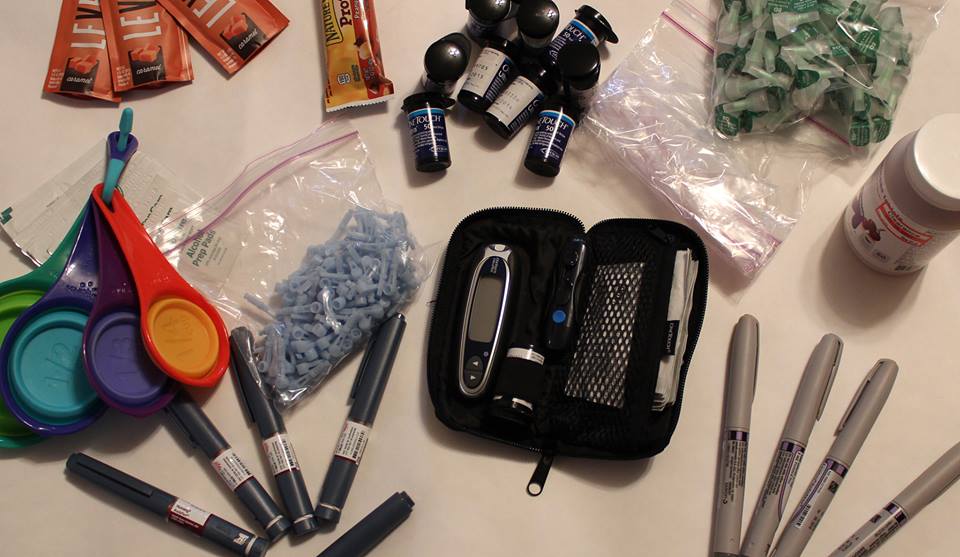
I told my producer - sitting in our little control room about 15 feet away from me - to get me the Lifesavers from my bag. A moment later, he walked into the studio. He couldn’t find the Lifesavers, so he just grabbed the whole bag and brought it in. I rummaged through and pulled out the Ziploc with my emergency sugar. As quickly as I could, I downed a few Lifesavers. Then I started thinking about what I was going to say.
WORK AND DIABETES
I never told my bosses about my type 1 diabetes when I interviewed. They had no right to know and I had no obligation to tell. Besides, as long as I didn’t have a bad low or pass out mid-interview from DKA, I would be absolutely fine. Knowing I would have a long day of interviews, I intentionally took one less unit of insulin than I needed to make sure my blood sugar was adequately high throughout the day. It worked, though I did start feeling the symptoms of low blood sugar toward the end of the interviews.
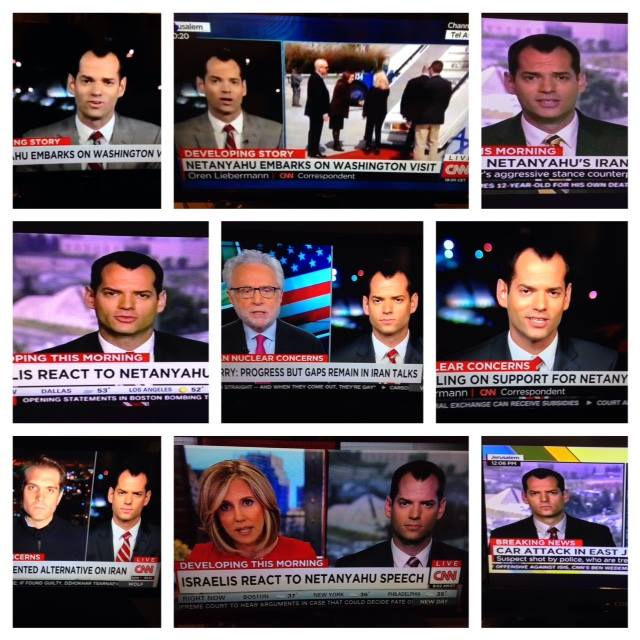
When I started at CNN as the Jerusalem Correspondent, it was a different story. I told everyone immediately that I had type 1 diabetes. I explained to them the symptoms, showed them how to work my insulin pens, and, most importantly, taught them how to use a Glucagon shot. Everyone was cool with it, which was a relief. Occasionally, my coworkers have asked for “refresher courses,” and I have showed them the insulin pens again or explained to them how diabetes affects my system.
Dealing with my coworkers was the easy part. The hard part was figuring out how to manage diabetes on a 24/7 basis. On days when I’m in the CNN bureau in Jerusalem, it is relatively easy. No matter how big the story and how many times I am broadcasting live, I can always check my blood sugar and adjust as needed.
The harder days are the days I am out in the field all day, nowhere near a convenience store or restaurant. Then I have to plan my insulin, my meals, and my blood sugar well from the very beginning of the day. Add to that the challenge of Middle East weather - if the day is extremely hot or extremely cold, I burn through blood sugar even faster, making healthy management of diabetes even harder.
I have always had a simple plan. On days I am out of the office all day, run my numbers high. Instead of aiming for 80-120, I shoot for 120-160. It gives me a buffer in case something goes wrong or in case my day gets so busy that I forget to eat. And this has happened a few times.
CREATIVE SOLUTIONS
I have always tried to find creative solutions for diabetes, and I don’t mean eating cinnamon to help control my blood sugar. I mean ways of dealing with blood sugar when days are entirely different and dynamic. A daily routine makes diabetes easier to manage; a changing week adds even more complexity to the daily challenge of the disease.
I was diagnosed with type 1 diabetes on Valentine’s Day 2014 in Nepal. My wife and I were backpacking around the world, and my diagnosis came 5 months into our trip. I was the first person in my entire family with diabetes. After a month at home recovering and learning about the disease, my wife and I decided to get back on the road.
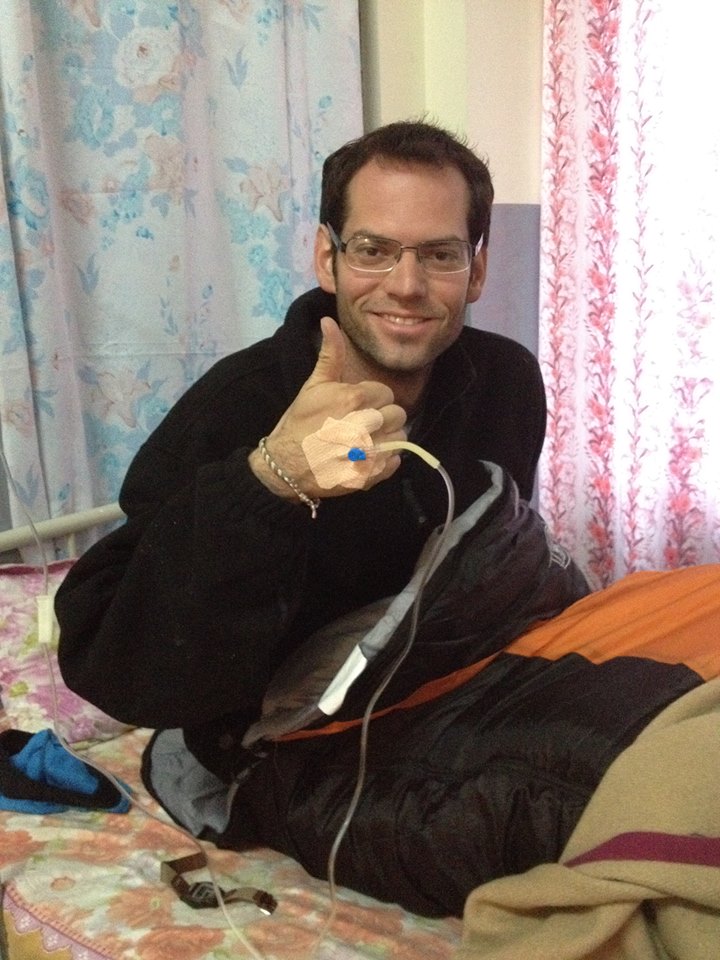
We picked up our trip where we had left off, backpacking through Southeast Asia. We made our way through the countryside on trains and buses. Each day was different, and I had to figure out how to manage my blood sugars under different conditions.
It wasn’t easy, but it became good practice for my current job. It requires rigorous monitoring ob blood sugars. I don’t have a CGM (which I may change very soon), but I routinely jab my finger to check blood sugars. I have no qualms about checking 8 times a day. Whatever it takes to know where my numbers are.
It’s not fun. I don’t think anyone would ever describe diabetes as fun. But it’s never been a question of fun for me. I know that if I manage my blood sugars, diabetes won’t stop me from doing anything else. It didn’t stop me from traveling, and it won’t stop me from reporting.
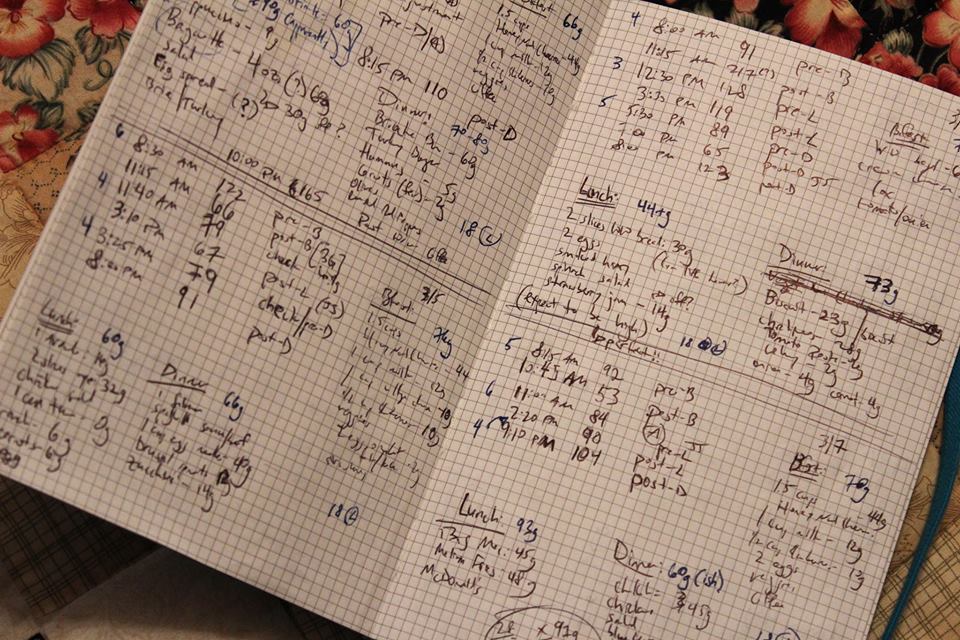
HIGHS AND LOWS
I’ve had a few lows before live shots. It happens. It’s never fun, it’s always a bit worrying, but it’s a part of the deal as I see it. Part of the problem is the sensitivity around Jerusalem. Every word needs to be chosen carefully, because the story is so sensitive in every direction. If my blood sugar is low and I screw up a word, it could have disastrous consequences on my reporting.
My bosses at CNN - when I finally told them I have diabetes - have always been incredibly supportive. Not a single one of them questioned my decision to write a book, and they have always encouraged me to do as much outreach as possible. It may not be their disease, but they understand the importance diabetes has to me and to so many others.
Diabetes may not make the news all the time, but it is always becoming more relevant and more important to the world at large. And that is something I am always ready to talk about on air!
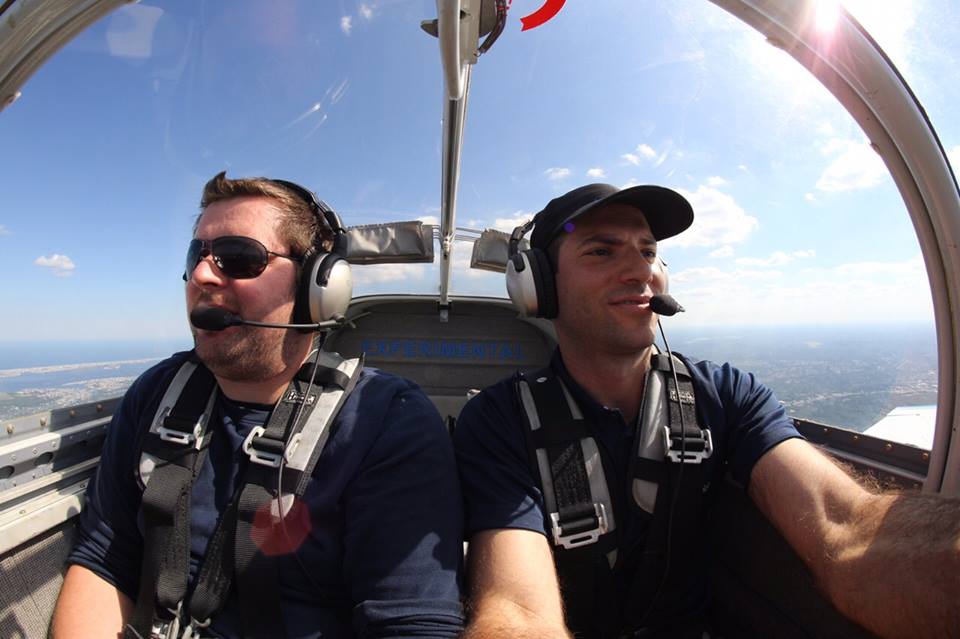
Oren Liebermann is a CNN Jerusalem Correspondent. He was diagnosed with type 1 diabetes at the age of 31 while backpacking through Nepal. He has written a book called the “The Insulin Express: One Backpack, Five Continents, and the Diabetes Diagnosis That Changed Everything![]() ” that shares his diagnosis and journey of resilience and self-discovery.
” that shares his diagnosis and journey of resilience and self-discovery.
![]()
